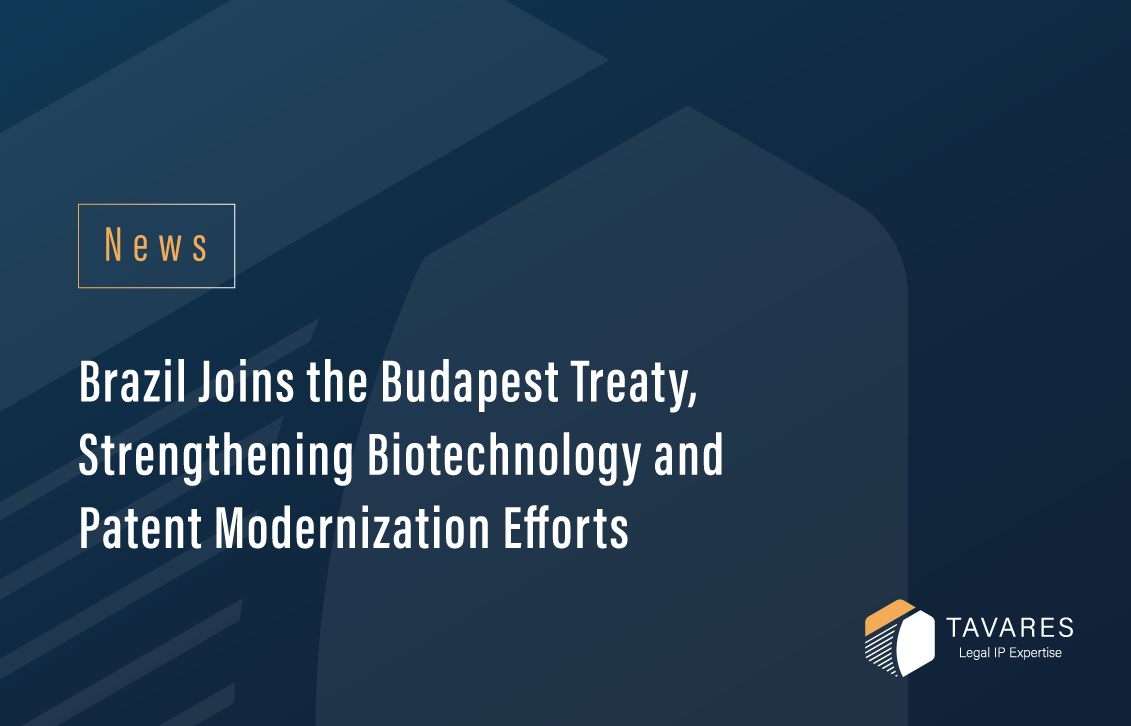On October 20, Brazil officially filed its instrument of accession to the Budapest Treaty on the International Recognition of the Deposit of Microorganisms for Patent Procedure, at the World Intellectual Property Organization (WIPO) headquarters in Geneva, Switzerland.
With the participation of the Brazilian Patent and Trademark Office (BPTO), Brazil becomes the 92nd member state to join the treaty, marking an important step toward modernizing its patent system and advancing biotechnology innovation.
Lower costs and greater efficiency for biotech patent filings
By joining the treaty, Brazil may now nominate local institutions as International Depositary Authorities (IDAs), allowing for national storage and recognition of biological materials used in patent applications.
This development is expected to reduce costs and logistical challenges faced by Brazilian researchers and inventors, while providing greater legal certainty and streamlined procedures for biotechnology-related patents.
Aligning IP policy with sustainability and innovation goals
The accession aligns with Brazil’s public policies for innovation and biodiversity protection, particularly as the country prepares to host COP-30.
It also reinforces Brazil’s commitment to sustainable technological development and international IP harmonization, positioning the nation as a key player in biotechnology and genetic resource management.
South-South cooperation and international partnerships
In the same event, WIPO and Brazil (through BPTO and the Ministry of Foreign Affairs) announced the creation of a cooperation fund with Latin American and African countries.
The fund, valued at R$1.5 million over four years, will support capacity-building projects and joint initiatives in innovation and IP management, consolidating Brazil’s leadership in South-South collaboration.
Implications for IP professionals
For IP practitioners and biotech companies, Brazil’s adherence to the Budapest Treaty offers new strategic advantages:
- simplified compliance with international patent standards,
- reduced dependency on foreign depositaries, and
- expanded opportunities for local R&D partnerships.
It marks a turning point for biotechnology patenting in Brazil, enhancing the country’s global competitiveness in the field.
Learn how Brazil’s accession to the Budapest Treaty may impact biotech patent filings.
→ Contact Tavares IP for tailored guidance on local requirements and opportunities.






